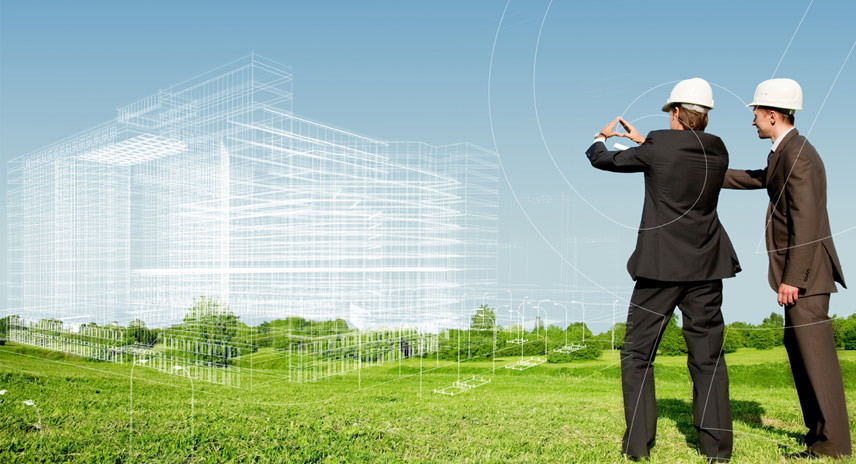
In the midst of property developer's responsibilities lies the selection and acquisition of the most suitable areas for development. In the initial stages, they must conduct a rigorous market analysis, feasibility studies, and risk evaluations to assure that the feasibility and financial viability of the plan. Developers need to be aware of zoning regulations, environmental considerations, and legal complexities to secure permits and approvals needed. Their ability to spot hidden potential in unexplored areas can lead to urban revitalization and economic growth.
Beyond their vision, property owners are adept navigators of the tangled web of regulations permitting, permits, and policies on zoning that regulate building projects. The process of navigating this maze of bureaucratic regulations requires the most sophisticated legal and logistical skills. Developers have to work with local authorities, engage in public consultations as well as adhere to environmental guidelines. How they navigate these complexities can make or break a development, significantly impacting timelines and profitability.
Furthermore, the impact on the environment of construction projects can't be ignored. Property developers are increasingly under pressure to adopt sustainable practices that reduce carbon footprint, preserve green spaces, as well as improve energy efficiency. Sustainable design elements like rainwater harvesting, green roofs methods, and LEED certification are now standard aspects in the modern development. In addition to complying with the regulations and guidelines, builders are becoming aware of the long-term benefits of environmentally eco-friendly initiatives. They include economic savings, increased market competition as well as a positive perception of the public. To get extra details please look at https://akisama.com.my/

However, the role of property developers is not without controversy, as their activities can sometimes be viewed as damaging or disruptive to existing communities. Gentrification, displacement, and problems with affordability are often encountered in rapidly developing neighborhoods which raises concerns over equality and social inclusion. Many critics say that uncontrolled growth places profit margins above the needs of long-term residents which increases income disparity and ethnic homogenization. Balancing the interests of various parties, such as residents, investment and policymakers is essential to mitigate these challenges and foster sustainable urban development.
Despite their inherent complexity and pitfalls, property developers remain indispensable catalysts for progress and growth in the real industry. Their ability to anticipate, execute, and adapt to the changing dynamics of markets is the key to innovation and sustainability in urban landscapes. Through embracing sustainable development practices as well as encouraging engagement with communities, and welcoming diversity, developers can play a crucial part in shaping an prosperous and inclusive future for the generations to come.